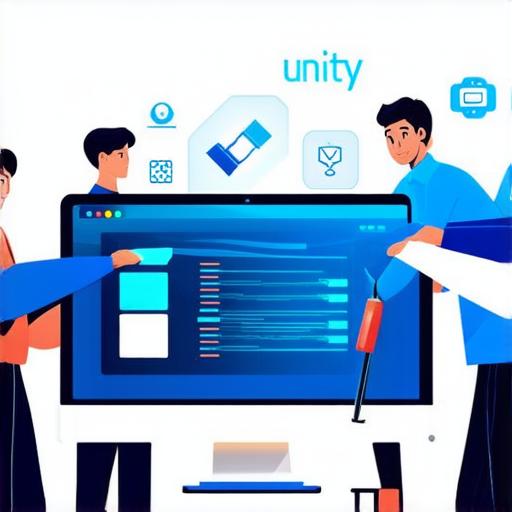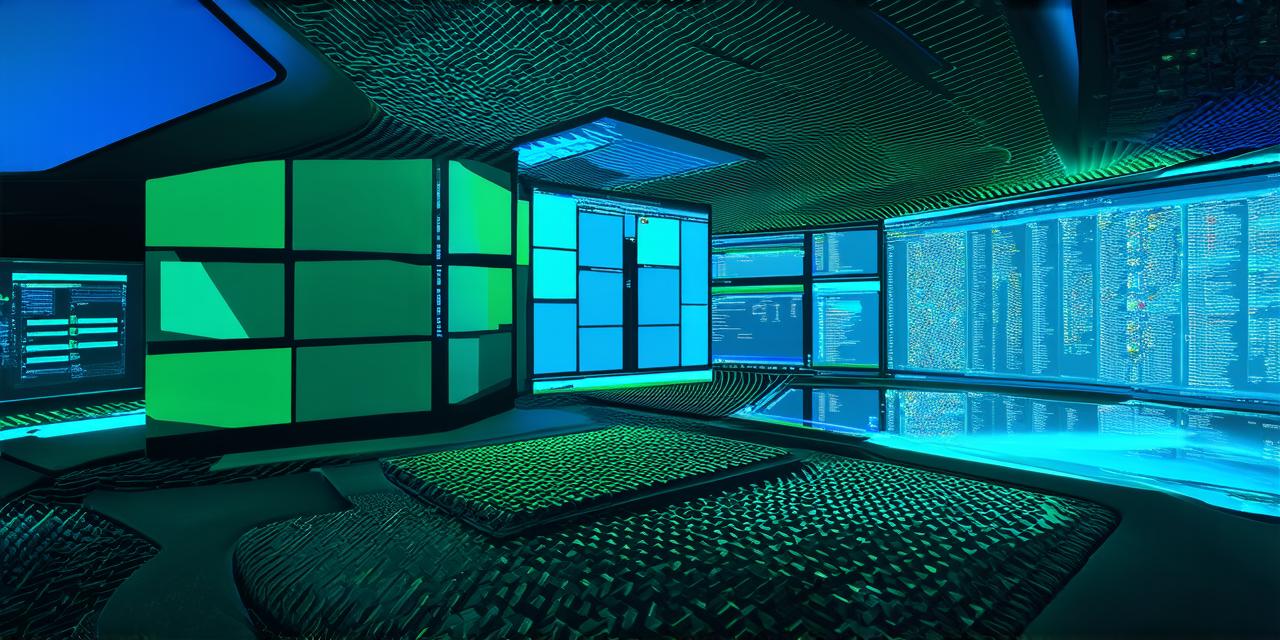As a game developer, you have many options when it comes to creating your games. One of the most popular and versatile tools is Unity. But is Unity free to use, or do you need to pay for its features? In this article, we’ll explore the ins and outs of using Unity for PC game development, including its pricing plans, features, and benefits.

Understanding Unity’s Pricing Plans
Unity offers several pricing plans, each with different features and capabilities. The most common plans are:
- Personal Edition: This is the free version of Unity and is suitable for hobbyists or small-scale game development projects. It includes basic features such as 2D and 3D graphics, animations, and physics.
- Plus Edition: For $79 per month, you get access to more advanced features such as multiplayer support, real-time rendering, and virtual reality development.
- Pro Edition: This plan costs $499 per month and includes everything in the Plus Edition, plus additional features such as high-definition graphics, advanced audio, and cloud services.
- Enterprise Edition: For custom pricing, you get access to enterprise-level features such as scalability, security, and technical support.
Comparing Unity with Other Game Development Tools
Now that we’ve covered the pricing plans let’s compare Unity with other popular game development tools like Unreal Engine and CryEngine. Unreal Engine offers a similar range of features to Unity but is generally considered more advanced, while CryEngine is known for its powerful graphics capabilities.
However, when it comes to pricing, Unity has a clear advantage over these other tools. The Personal Edition is free to use, making it an excellent option for hobbyists or small-scale game development projects. In contrast, both Unreal Engine and CryEngine require a license fee, which can be quite expensive for some developers.
Advantages of Using Unity for PC Game Development
Now that we’ve covered the pricing plans and compared Unity with other tools let’s explore some of the main advantages of using Unity for PC game development.
- Easy to Use: Unity is designed to be user-friendly, even for those without prior coding experience. Its drag-and-drop interface makes it easy to create 2D and 3D graphics, animations, and physics without the need for extensive coding knowledge.
- Cross-Platform Development: Unity supports cross-platform development, which means you can create games that run on multiple platforms such as PC, Mac, iOS, Android, and more. This makes it easier to reach a larger audience with your game.
- Large Community: Unity has a large community of developers who contribute to its open-source codebase and share their experiences through forums and social media. This means you can easily find help if you get stuck or need advice on how to improve your game.
- Extensive Asset Store: Unity has an extensive asset store where you can find pre-built assets such as characters, environments, and sound effects. This can save you a lot of time and effort when creating your game.
- Multiplayer Support: Unity includes multiplayer support out of the box, which makes it easy to create online games that players can enjoy together.
Conclusion
In conclusion, Unity is a powerful and versatile tool for PC game development. Its free version, the Personal Edition, is an excellent option for hobbyists or small-scale game development projects. It offers a user-friendly interface, cross-platform development capabilities, and extensive features that make it easy to create engaging games.
